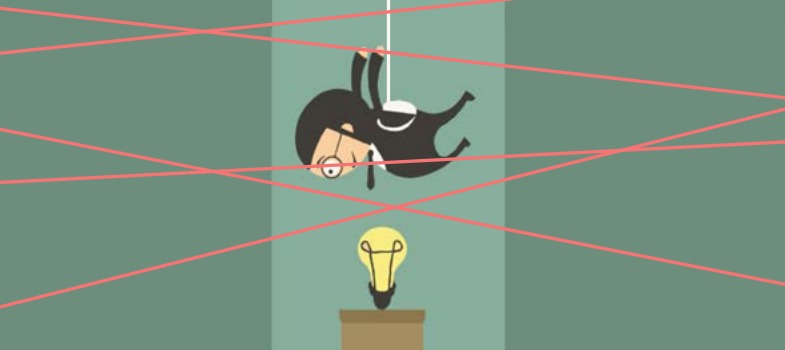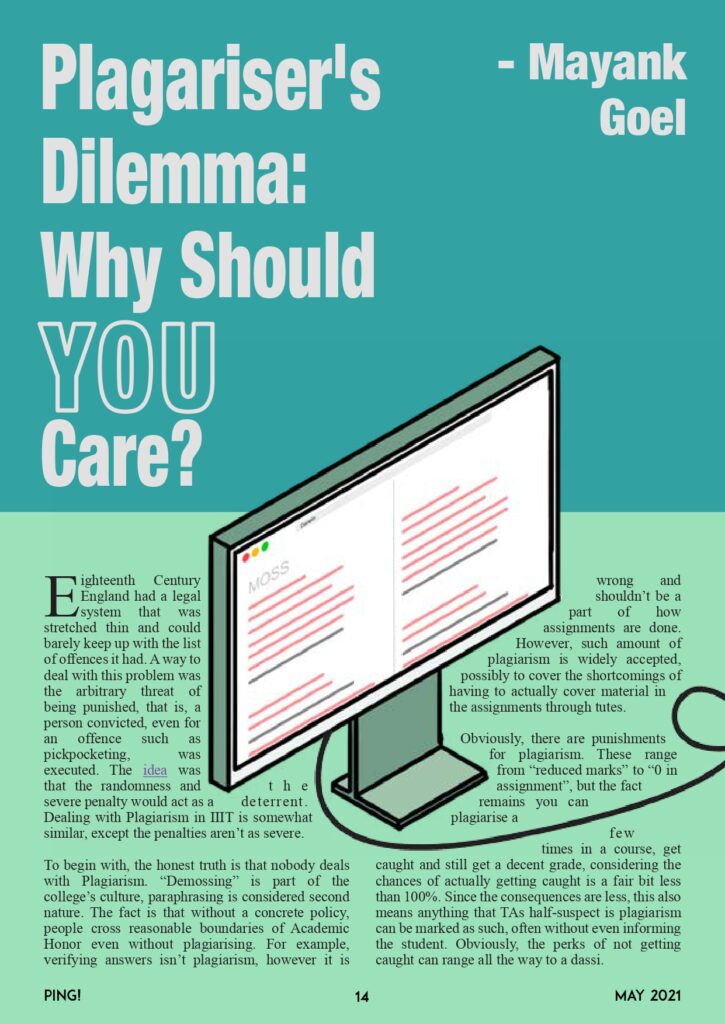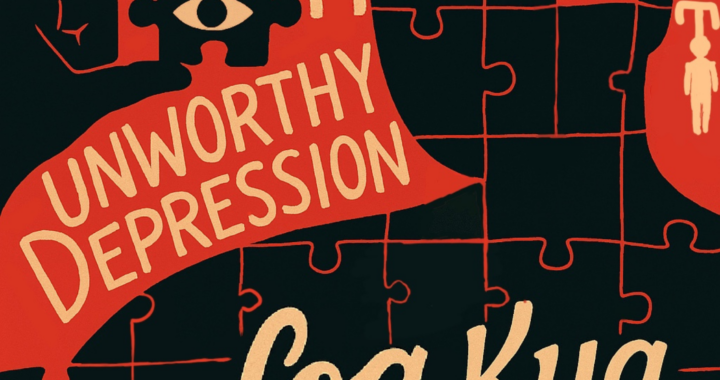Plagiariser’s Dilemma: Why Should YOU Care?


Designed by Saravanan Senthil
18th Century England had a legal system that was stretched thin and could barely keep up with the list of offences it had. A way to deal with this problem was the arbitrary threat of being punished, that is, a person convicted, even for an offence such as pickpocketing, was executed. The idea was that the randomness and the severe penalty would act as a deterrent. Dealing with Plagiarism in IIIT is somewhat similar, except the penalties aren’t as severe.
To begin with, the honest truth is that nobody deals with Plagiarism. “Demossing” is part of the college’s culture, paraphrasing is considered second nature. The fact is that without a concrete policy, people cross reasonable boundaries of Academic Honor even without plagiarising. For example, verifying answers isn’t plagiarism, however it is wrong and shouldn’t be a part of how assignments are done. However, such amount of plagiarism is widely accepted, possibly to cover the shortcomings of having to actually cover material in the assignments through tutorials.
Obviously, there are punishments for plagiarism. These range from “reduced marks” to “0 in assignment”, but the fact remains you can plagiarise a few times in a course, get caught and still get a decent grade, considering the chances of actually getting caught is a fair bit less than 100%. Since the consequences are less, this also means anything that TAs half-suspect is plagiarism can be marked as such, often without even informing the student. Obviously, the perks of not getting caught can range all the way to a dassi.
Consider:
“We’ve noticed various degrees of plagiarism across many submissions. These cases have been penalized accordingly.”, taken directly from a post by a TA. Note how the punishment for plagiarism is “penalized accordingly”. It means that in several courses, students aren’t even told that they have been suspected/convicted of plagiarism, but just “penalized accordingly”; and they’re not expected to rectify their mistakes (because they aren’t even informed). The idea thus isn’t to remove plagiarism because of the effects it has on the academic culture, but because it’s morally wrong, the same way doing drugs is morally wrong. The point that is never confronted is why students plagiarize, because it is accepted as a fact of life that students plagiarise. The Sun shines from the east, Manchester United won’t win the Premier League, and – students plagiarize. The task to curb plagiarism is therefore an inherently antagonistic role, TAs versus students, and the Tom and Jerry here must outsmart each to win. Obviously, Jerry always wins, but Tom has to try, because that’s what he’s there for.
“If we beheaded every ranger who lay with a girl, the Wall would be manned by headless men.”, is a quote from Maester Aemon from the Game of Thrones, about the Night Watch of the Wall who were sworn to an unmarried life. This will also be true for any course in the college, and if strict consequences and strict evaluations existed, there wouldn’t be students to pass the course. Thus, there is an implicit agreement, you agree to try to not plagiarise, and the course agrees to not punish you at all. It’s fairly easy to fail a student or to expel him, however just doing that will simply cause more problems. To start with, it will increase the Tom and Jerry antagonism, which will be even more counterproductive to the current system. Moreover, given the current state of things, this would be randomly enforced. This is probably not going to lead to the convicted student thinking “I should not plagiarise because it’s harmful and wrong”, but rather to work on just plagiarising better. Random Enforcement also seems principally wrong, and given the high stakes, Tom is likely to avoid accusing people for plagiarism, because of the understandable negative impact it will have on them. This was seen in 18th Century England, where people would bend over backwards to look for loopholes to acquit people of crimes, because conviction usually just led to a death penalty.
The harms of plagiarism are far different than what might be obvious at the surface level. The real harm isn’t when someone plagiarizes and they “lose out on learning”. While that is a harm in itself, one could argue there isn’t a lot worth learning and/or plagiarism is a necessary sin to balance the high workload in the college. The harm is that both the above points are absolutely true points that are fair justifications to plagiarize, at a personal utilitarian level. The societal impact is also mitigated, through the case of a prisoner’s dilemma. The Prisoner’s Dilemma is a situation where any player (here, a student) in a game (here, the game involves two choices: plagiarize or not to plagiarize) will strictly decrease their payoff if they are the only party to deviate. That is, if a student doesn’t plagiarize in the current system, they lose out on a higher grade. And, because students plagiarize, the current system can afford to not be primarily about learning (because not a lot of people did the assignment themselves anyway), and can be part of a high workload (because plagiarism is the organic solution to this problem). The harms of the culture of plagiarism affect everyone in the system, however much one might want to put the blame solely on the students.
While Plagiarism helps reduce the workload, it still takes up a chunk of time to escape MOSS/write assignments. This chunk is entirely futile work, and most importantly it feels akin to manual labor. At the end of it all, the time spent on plagiarism leads to no benefits, and adds on to the cycle of high workload and substandard understanding of the material.
Do solutions exist? To start with, the burden of proof for plagiarism should rest on the evaluator, and should be fairly strict. This will reduce the false positives in the system, and in turn, allow for harder consequences for those who actually have plagiarised. Another would be more regular, and possibly more relevant tutorials and assignments, and building a course structure that creates a reasonable amount of workload. The core idea should be that a student gets the grade they deserve, not the one they either get unfairly, or a lower one because others got a higher grade unfairly. Creating an Honor Code can help de-normalize plagiarism as an option in the college, and give a clearer idea to what it entails. A Workshop during the Induction Week for freshers, or even for senior students can help build upon denormalizing Plagiarism as an option.
However, “relevant tutorials and assignments” is easier said than done. TAs have their own workload and obligations, and in a lot of cases, an undergraduate TA may simply not know enough (it goes without saying that many TAs likely plagiarized in their own courses). This has led to an interesting Catch-22, for most doubts and difficulties, students are referred to the Professor by the TAs, and vice versa. Obviously, there is no denying the fact that a lot of TAs/Professors go the extra length and help the students, but the widespread culture of plagiarism means that there barely are kids to actually take the help. This again leads to another cycle where TAs are disinterested and much more concerned with their job (evaluation) than trying to make sure that the students learn from the course. The only way to break this cycle is by establishing learning as the focus of a course, and not the grades received at the end of it.
21st Century England has a much more robust legal system, and the punishments are based on the principle of rehabilitation. 21st Century IIIT Hyderabad, however, is a few centuries behind.
Editor: Jaidev Shriram, Tejasvi Chebrolu

 Have you tried turning the mess off and on again?
Have you tried turning the mess off and on again?  Log Kya Kahenge?
Log Kya Kahenge?  The river of time
The river of time  Vipul Kedia on building Felicity | The story of how it all began…
Vipul Kedia on building Felicity | The story of how it all began…  We Are So Cooked
We Are So Cooked  Mama, Put My GPTs in the Ground
Mama, Put My GPTs in the Ground  Can you hear the music?
Can you hear the music?
1 thought on “Plagiariser’s Dilemma: Why Should YOU Care?”
Comments are closed.